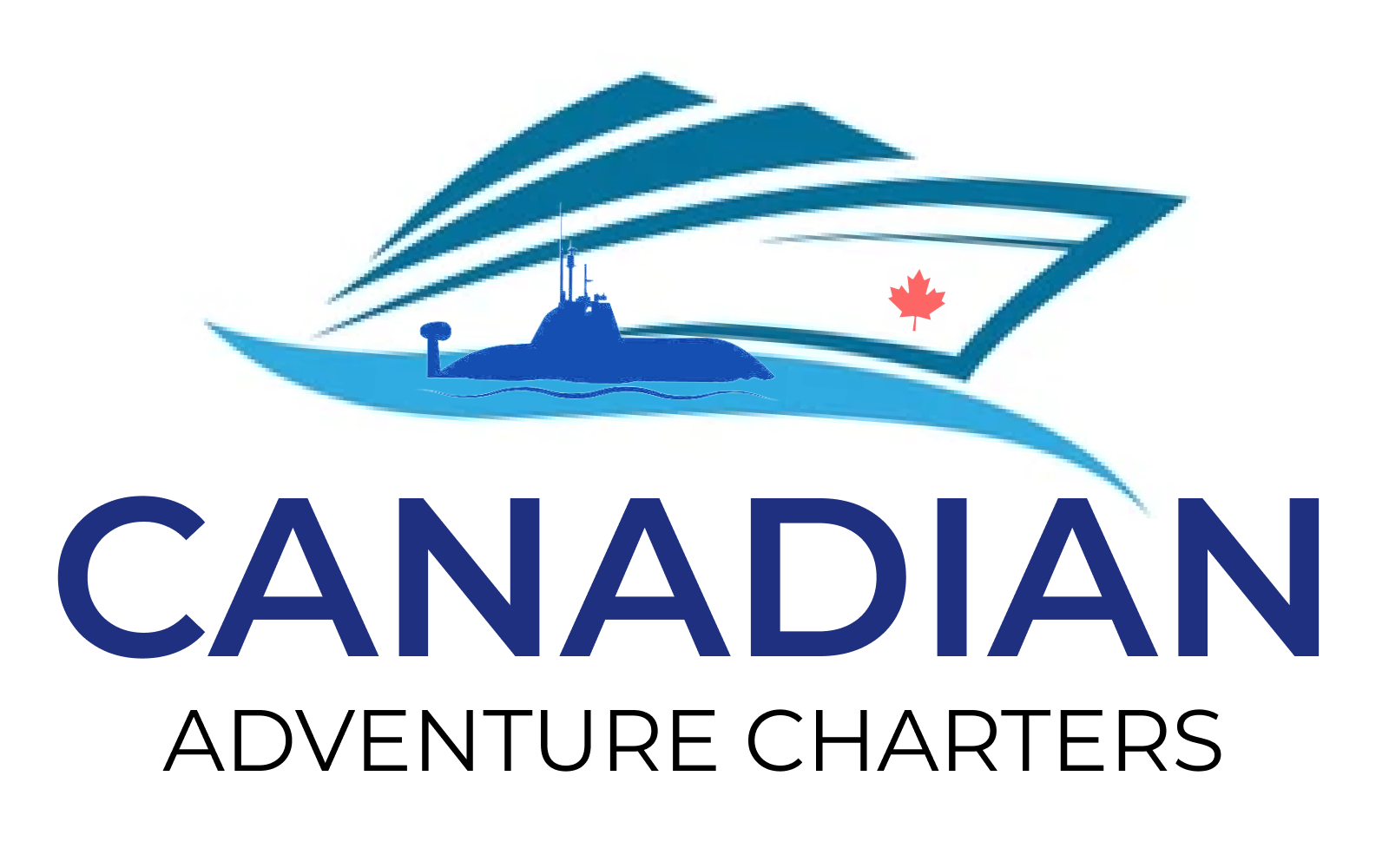Job Title
Chief Scientist – Oceanographic Research Expeditions
Advanced Ocean Science & Conservation | AI-Integrated Approach Newfoundland-based + Remote | Rotational Fieldwork | Competitive Salary
About the Mission
Join a bold initiative to revolutionize ocean science and conservation. Our expedition vessel serves as a cutting-edge research platform, advancing marine knowledge, protecting fragile ecosystems, and fostering global stewardship. By integrating artificial intelligence with field-based science, we monitor biodiversity, assess climate impacts, and inform sustainable fisheries — all while working collaboratively with Indigenous and coastal communities.
Your Role: Chief Scientist
As the Chief Scientist, you’ll lead an interdisciplinary research program aboard our oceanographic expedition vessel. You will design and execute pioneering studies, manage a diverse team of scientists and citizen researchers, and ensure our findings drive real-world conservation and sustainability outcomes.
This role blends field leadership, data innovation, and policy impact — ideal for a visionary scientist passionate about protecting our blue planet using both traditional knowledge and advanced technology.
Key Responsibilities
AI-Driven Research & Data Systems
- Develop and deploy AI/ML models for biodiversity, acoustics, phytoplankton mapping, and carbon-cycle analysis
- Oversee edge-computing across AUVs/ROVs, drones, and marine IoT devices for real-time data processing
- Maintain FAIR-compliant, open-access data repositories
Conservation Science & Policy Impact
- Lead research supporting MPAs, bycatch reduction, climate-resilient habitat mapping, and low-impact fisheries
- Author quarterly “State of the Ocean” briefs for NGOs, Indigenous governance, and treaty bodies
Operational Leadership & Scientific Integrity
- Manage and mentor a science team of up to 12 experts
- Ensure compliance with CCAMLR, the Polar Code, and Indigenous protocols
- Uphold biosecurity and animal welfare standards; ensure ethical use of data
Stakeholder Engagement & Communication
- Host immersive science briefings for expedition guests and virtual audiences
- Collaborate with Expedition Leaders and Captains for seamless mission execution
- Lead environmental self-audits and produce the annual Sustainability Report
- Foster partnerships with Indigenous leaders, fishers, and policymakers
Qualifications
Required:
- PhD (or equivalent experience) in oceanography, marine biology, environmental science, computer science, or related
- 5+ years leading interdisciplinary marine research, including remote or polar fieldwork
- Demonstrated AI/ML expertise (e.g., computer vision, acoustic analysis, ecological modeling)
- Published in peer-reviewed scientific journals
- Strong team management and stakeholder collaboration experience
- Valid STCW Basic Safety Training (BST), ENG1 medical; willingness to complete Polar Code training (sponsored)
- Excellent communication skills, with commitment to open science and ethical research
Preferred:
- Experience with edge computing, AUVs/ROVs, drones, or IoT marine sensors
- Expertise in genomics, fisheries, climate modeling, or socio-economic research
- Proven science communication and policy brief writing skills
- Familiarity with ESG reporting, blue carbon, or ocean climate finance
- Experience collaborating with Indigenous communities and local conservation partners
- Skilled in cloud-based data tools and ocean-relevant coding libraries
Working Conditions & Benefits
- Rotation: ~8–10 weeks onboard / 6–8 weeks off (remote flexibility during off periods)
- Home Port: Newfoundland, Canada (seasonal)
- Salary: Initial work will be gratis, however once company is fully funded—Competitive, with performance bonuses tied to measurable conservation outcomes
∙Future Benefits:
- Comfortable accommodations onboard
- Full medical coverage
- Dedicated research budget
- Conference travel & open-access publishing support
How to Apply
Send your application to info@cacsd.ca by August 30, 2025, including:
- CV (max 4 pages)
- Cover letter outlining your conservation impact
- One publication or code repository showcasing your AI/ML work
- Contact info for three references
Be the science leader who shapes the future of ocean conservation.
Together, let’s explore — and protect — the last wild frontier.
